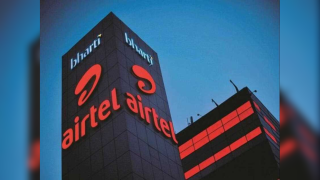SpaceX will launch all of the company’s remaining spare satellites from its Iridium Next programme in the middle of next year.
“We have always said that when the right opportunity presented itself, we would launch many, if not all, of our remaining ground spares, and just such an opportunity came about,” said Iridium CEO Matt Desch (pictured).
The company will use what it calls a rideshare with SpaceX, its second such partnership with the Elon Musk company. But SpaceX conducted eight Iridium launches between January 2017 and January 2019, which launches delivered 75 satellites to LEO as part of the Iridium Next campaign, replacing the company’s original satellite constellation, which dated back to 1997.
“Our constellation is incredibly healthy,” said Desch.
“However, the spare satellites have no utility to us on the ground. We built extra satellites as an insurance policy, and with SpaceX’s stellar track record, we look forward to another successful launch, which will position us even better to replicate the longevity of our first constellation.”
Since completion of the launch campaign in 2019, Iridium has 66 operational satellites, nine in-orbit spares and six additional spares on the ground. All satellites in the first fleet, dating back to the days when Iridium was a Motorola venture, were shut down and made to burn up in the atmosphere as they were replaced by the new fleet.
Up to five of those six ground spares are planned for launch as part of the newly announced launch.
All satellites in the upgraded Iridium constellation were built by Thales Alenia Space and carry the Aireon hosted payload, which provides global, real-time surveillance of aircraft around the world.
Since the completion of the upgraded Iridium network in early 2019, Iridium’s customer base has grown by by more than 730,000 subscribers to more than 1.8 million today, the company said.
The satellites from Iridium-9 will be launched into a parking orbit, and after initial testing will be drifted to their assigned spare orbits.






